Pollution causes burning to seabirds, UK
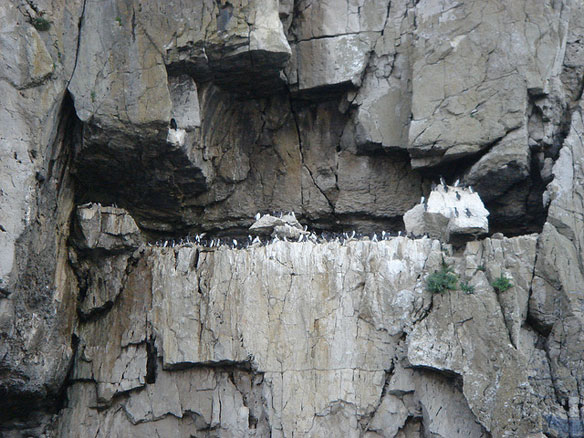
Several hundred marine birds including guillemots and razorbills have been found dead along the south coast from Cornwall to Sussex, covered in an unknown oily substance that has been dumped at sea.
The Scariest Environmental Fact in the World
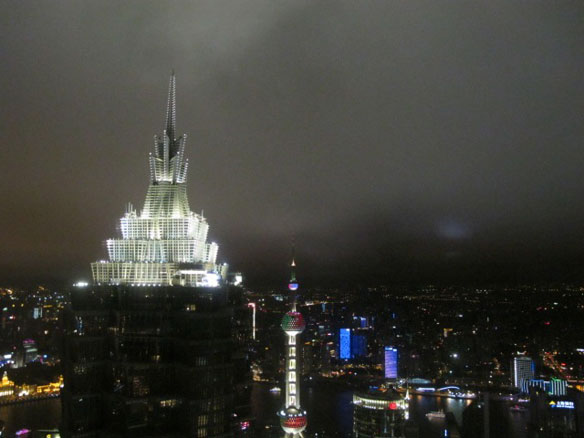
As the data show, China is now burning almost as much coal as the rest of the world, combined. And despite impressive support from Beijing for renewable energy and a dawning understanding about the dangers of air pollution, coal use in China is poised to continue rising, if slower than it has in recent years…
The Unwelcome Renaissance

Europe’s energy policy delivers the worst of all possible worlds…
Shale Gas Boom Now Visible From Space
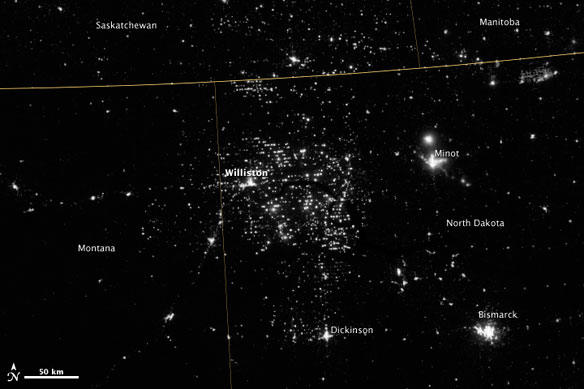
Oil companies at the heart of the US shale oil boom are burning off enough gas to power all the homes in Chicago and Washington combined in a practice causing growing concern about the waste of resources and damage to the environment.
Cities Affect Temperatures for Thousands of Miles
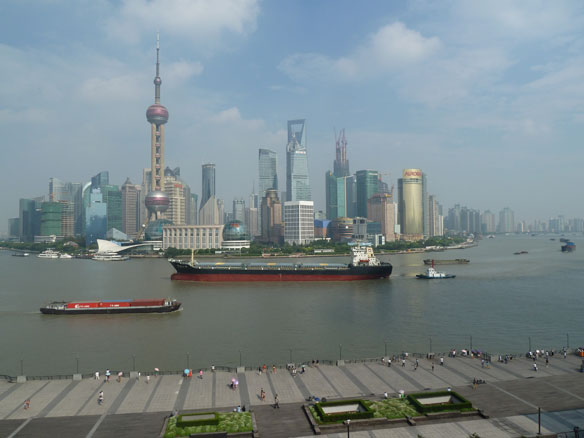
In a new study that shows the extent to which human activities are influencing the atmosphere, scientists have concluded that the heat generated by everyday activities in metropolitan areas alters the character of the jet stream and other major atmospheric systems. The world’s most populated and energy-intensive metropolitan areas are along the east and west coasts of the North American and Eurasian continents…
California Fracking Lawsuit Charges State Has Done Insufficient Job Of Regulating Practice
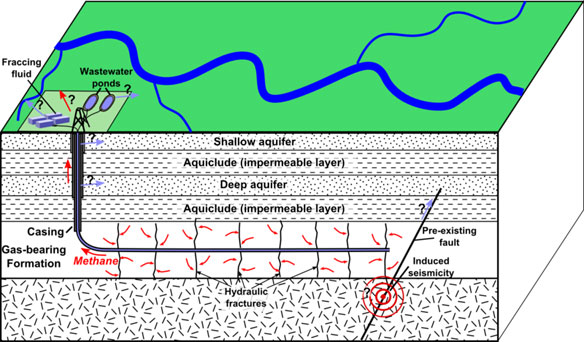
An environmental group has filed suit against the state of California for doing what it deemed an insufficient job of regulating the controversial process of hydraulic fracturing, or “fracking.”
Record High Radiation Found in Fukushima Fish: TEPCO

A fish contaminated with radiation levels more than 2,500 times the legal limit has been caught near Japan’s crippled Fukushima Daiichi nuclear plant.
A River of Haze
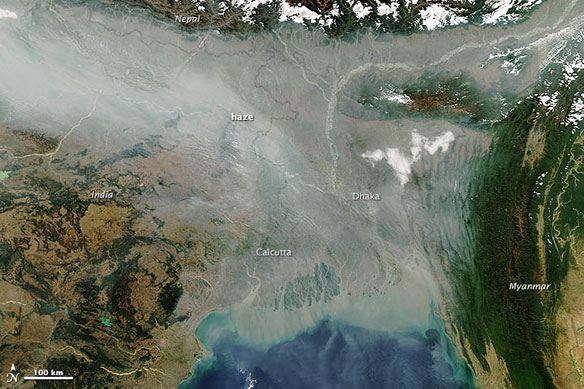
Air quality has emerged as a significant problem for India and Bangladesh in the past decade. A recent study found that levels of air pollution in large Indian cities increased at some of the fastest rates in the world between 2002 and 2010, faster even than rapidly-growing Chinese cities.
In Japan, a Painfully Slow Sweep

More than a year and a half since the nuclear crisis, much of Japan’s post-Fukushima cleanup remains primitive, slapdash and bereft of the cleanup methods lauded by government scientists as effective in removing harmful radioactive cesium from the environment.
